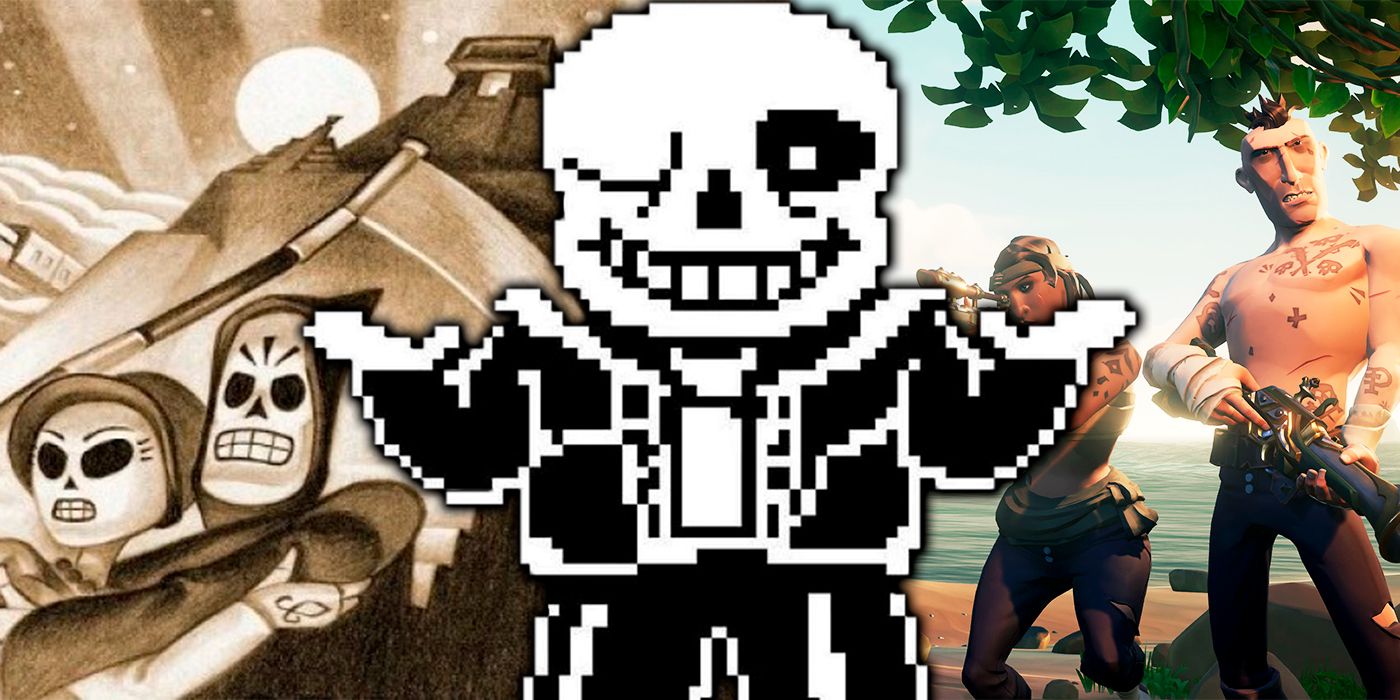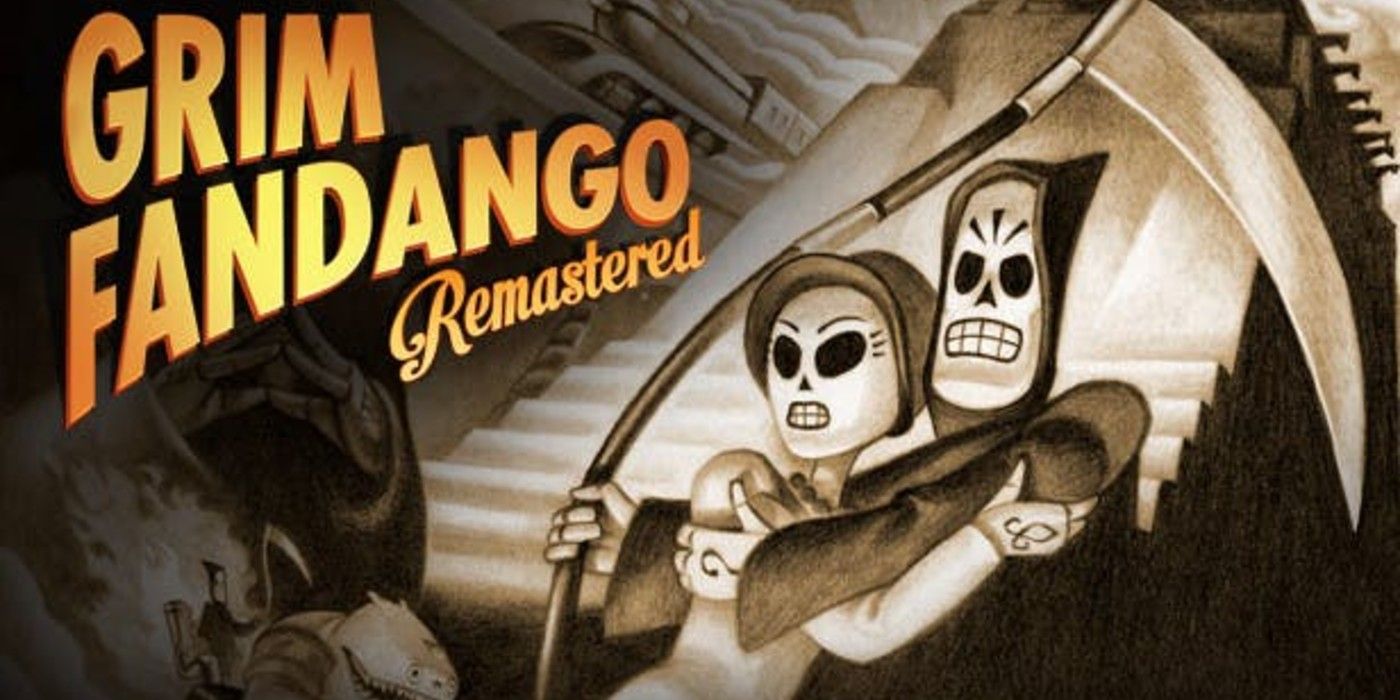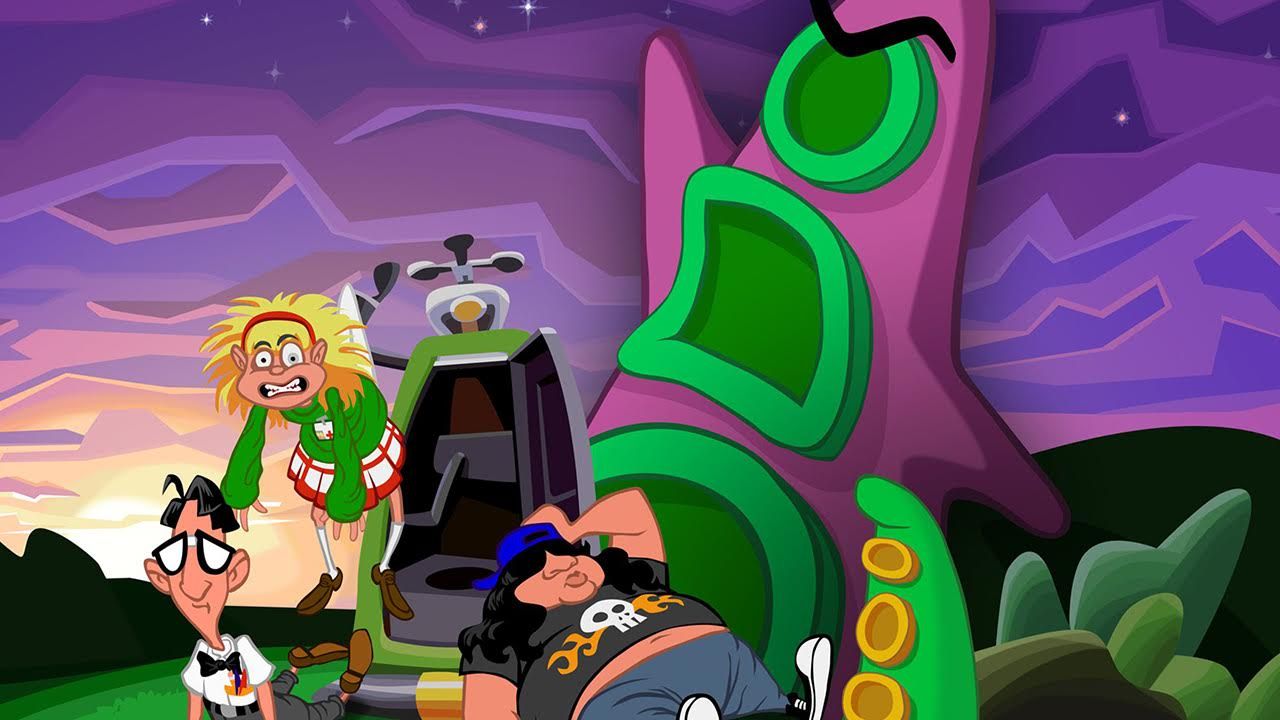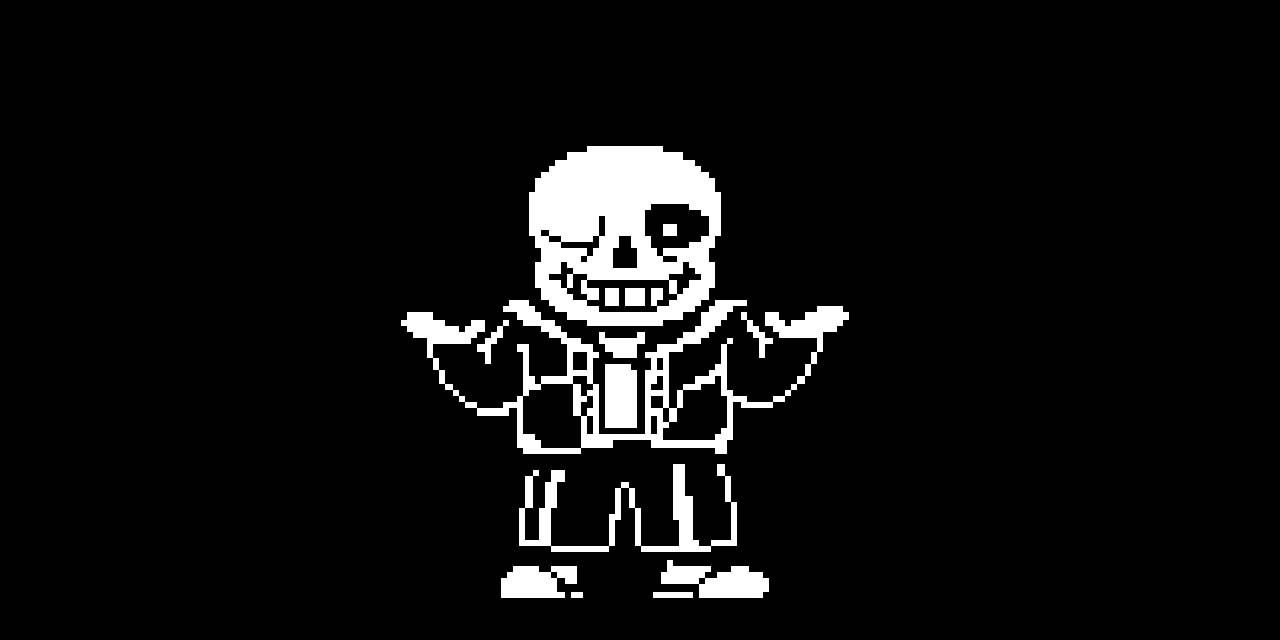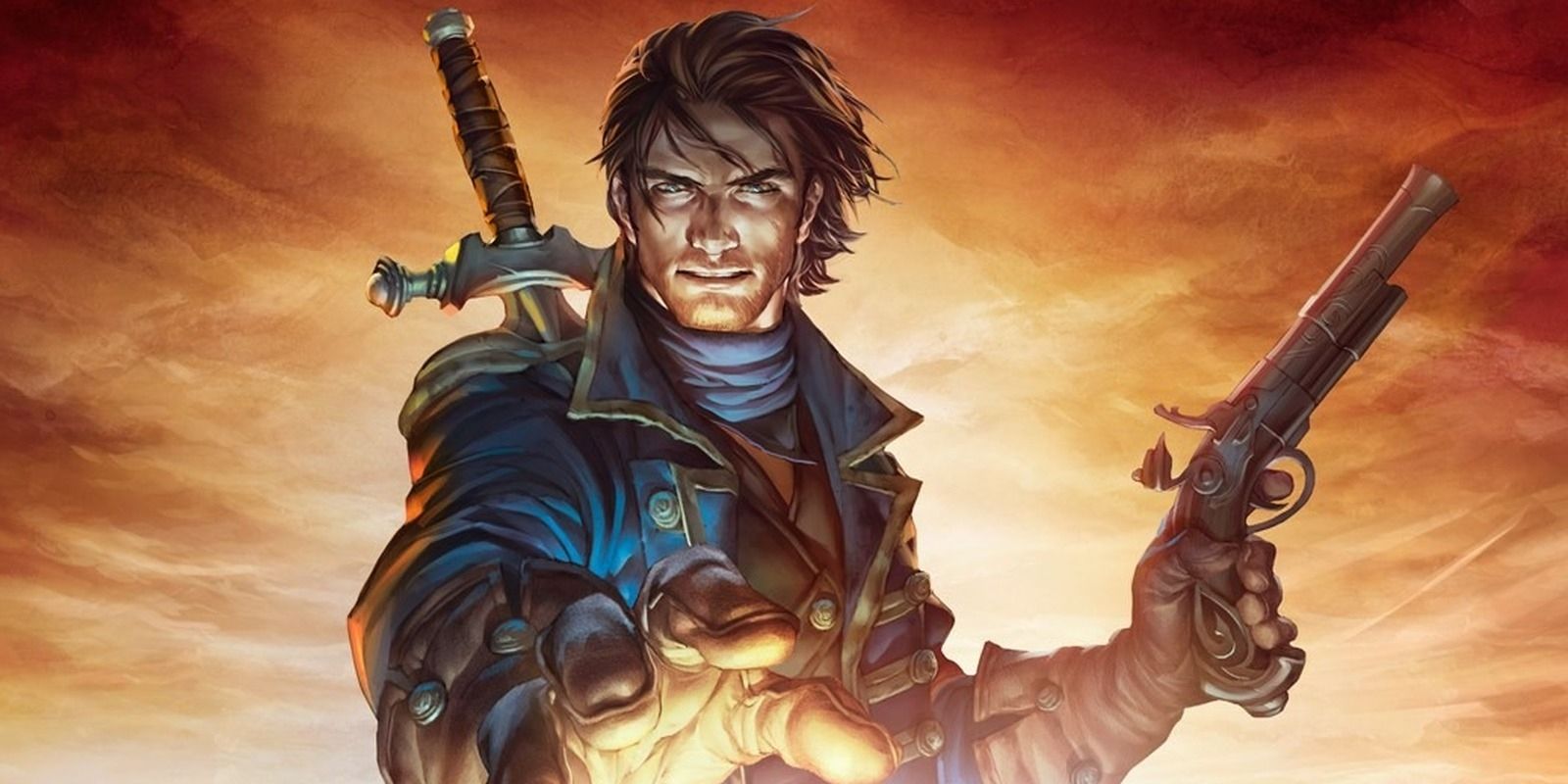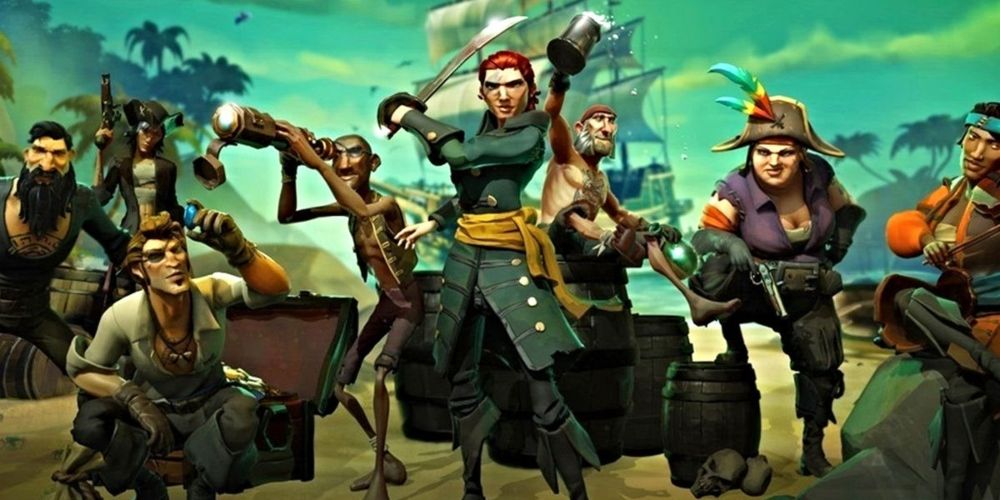The announcement that a long-awaited sequel to the famed Monkey Island series is finally on its way has made waves among among certain corners of the gaming community. The world may be awash with AAA heavyweights, free-to-play behemoths, and cutting-edge consoles, but such a reaction to the announcement proves that many still hanker for the days of the charmingly rendered, lovingly-crafted point-and-click titles of days gone by.
The next installment in the acclaimed Monkey Island series will pick up where Monkey Island 2: LeChuck's Revenge ended. Players revisiting the original titles or going back to research what all the fuss is about will be keen to know where they can satisfy their craving for similarly tongue-in-cheek fun as they await the return of Guybrush Threepwood and friends.
Grim Fandango Is An Underrated LucasArts Gem
Grim Fandango holds a peculiar, almost paradoxical spot in gaming history. On the one hand, the noir-inspired point-and-click adventure is considered one of the finest games ever made, praised and adored for its voice acting, plot, humor, art design, and stylistic vision. On the other, Grim Fandango never received a sequel, was a commercial failure, and ultimately hastened LucasArts' decision to move away from the kinds games on which it had built its colossal reputation.
Grim Fandango follows Manuel "Manny" Calavera, a travel agent for the land of the dead as he attempts to smooth the passage of virtuous soul Mercedes "Meche" Colomar into the Underworld. Lovingly directed, reverential of its source material, and with the same wit and charm of the Monkey Island franchise, the wonderfully morbid release is the logical step for players looking to anchor their ships and take on a brand new case.
Day of the Tentacle Is LucasArts' Quirkiest Game
Released in 1993 as a follow-up to 1987's Maniac Mansion, Day of the Tentacle sees LucasArts building on its reputation for games packed with character, charm, and laugh-out-loud comedic flair. One of the strangest of games the studio ever put out, Day of the Tentacle's tongue-in-cheek plot follows Bernard Bernoulli and his friends Laverne and Hoagie as they race to stop the world from being taken over by an evil Purple Tentacle. To do so, players must control the entire trio, solve puzzles, and use innovative time travel mechanics to explore the fragmented historical periods of the game's zany, but always enjoyable, narrative.
Undertale Shares Monkey Island's Wit
Undertale may have been released more than 20 years after the first Monkey Island debuted, but the spirit of LucasArts' most famous gaming creation very much lives on in Toby Fox's surprise 2015 smash-hit. For many who grew up in the '90s and early '00s, Monkey Island was a formative gaming experience, and Undertale is the same for a new generation of gamers.
From its clever combat system to its surprisingly affecting story, Undertale gets a lot of things right. However, the game's signature humor is what really sets it apart and brings it in-line with games like Monkey Island. Most modern releases still struggle with a chronic lack of wit or humor, but Undertale stands out as a notable and hilarious exception.
Fable III and Monkey Island Share Some Inspirations
Every Fable is worth playing at some point or another, but the third installment in the series certainly boasts the sort of properties that fans of Monkey Island will have been so enamored with. Featuring a voice cast of British talent to rival most blockbuster movies, from Michael Fassbender to Simon Pegg, Fable III is a charming adventure game with a strong narrative.
Fable titles are always full of magic and wit, but Fable III shares Monkey Island's knack for exquisite world-building coupled with a gentle and affectionate tone that feels as soothing as the salty sea air. LucasArts likely took a lot of influence from the dry, surreal British sensibility, but Fable is itself indebted to Monkey Island and its contemporaries' signature sense of humor.
Sea of Thieves Is the Best Pirate Game Since Monkey Island
It's a strange quirk of gaming that, in the 30 years since the first Monkey Island game, there has been a notable dearth in the number of pirate-focused action titles. Pirate games remain few and far between, and while games like Assassin's Creed IV: Black Flag or Sid Meier's Pirates! have intermittently plugged the gap, it's Sea of Thieves that best captures the madcap piratical nature of the original Monkey Island series.
It may have more in common with the piratical aspects of Monkey Island than its sense of humor, but Sea of Thieves never takes itself too seriously. The game is a lightweight sailing sim that has proved immensely popular with players looking to live out their swashbuckling fantasies. It may be a little shallow, but there's something of the spirit of Monkey Island in Rare's seafaring simulator.

